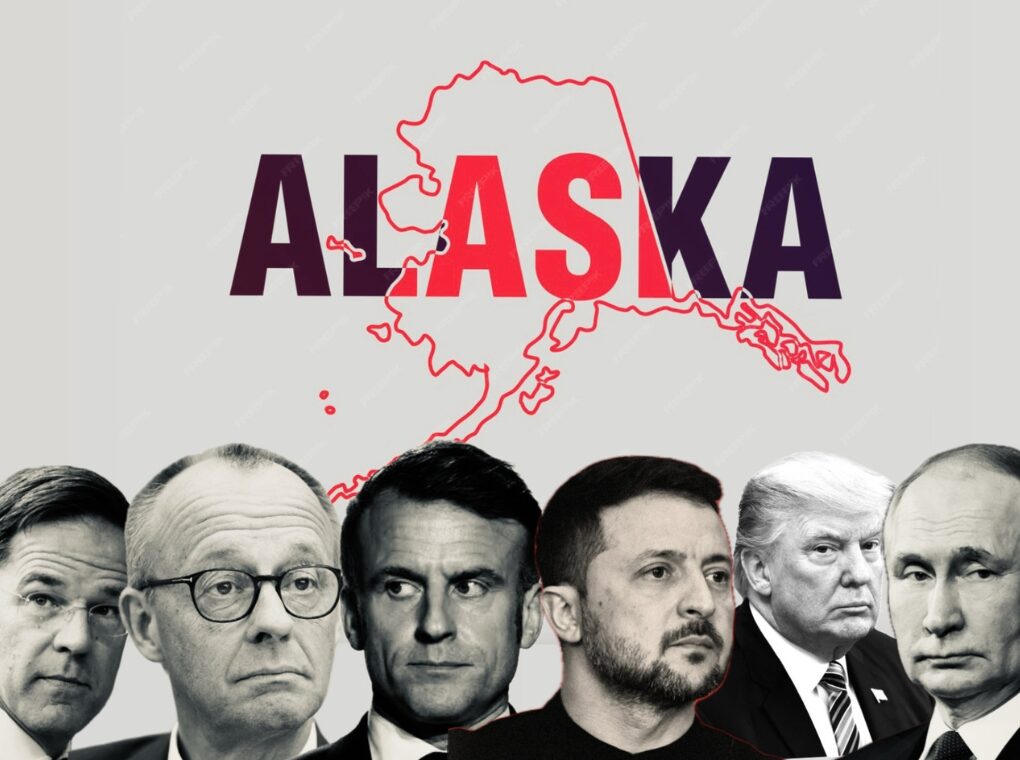As President Donald Trump prepares for direct negotiations with Russian President Vladimir Putin in Alaska, the coordinated response from European leaders and Ukrainian President Volodymyr Zelenskyy highlights deep anxieties over Ukraine’s future, Europe’s security, and the principles underpinning post-World War II international order.
The Core of the Joint Statement
Over the weekend, the leaders of France, Germany, Italy, Poland, the United Kingdom, Finland, and the European Commission issued a forceful joint statement in support of Ukraine. Their central message: any effort to end the war “cannot be established without the involvement of Ukraine.” They advocated not just for Kyiv’s inclusion in talks but for solutions that “safeguard Ukrainian and European security interests”—clear opposition to any deal made above the heads of those most affected.
President Zelenskyy, for his part, made clear that decisions about Ukraine’s sovereignty must be made with his country’s participation, declaring any settlement without Ukraine “stillborn” and “unworkable.” He warned that “rewarding Russia” for its aggression by conceding territory would only embolden further violence.
Trump-Putin Dynamics and European Fears
The upcoming Alaska summit underscores a dramatic shift: the conflict in Ukraine—now into its fourth year—is at risk of being shaped by decisions between Washington and Moscow, potentially sidelining both Kyiv and its European backers. Trump’s public hints at possible “swapping of territories” and the refusal of the Kremlin to meet Zelenskyy have raised alarm bells. The prospect of territorial concessions to Russia alarms both Kyiv and European capitals, who see echoes of the failed appeasement strategies of the past.
European leaders point to both historical precedent and practical concern: allowing Russia to retain territory seized by force would undermine the postwar order and signal to other authoritarian states that “might makes right.” As French President Macron stated, “Ukraine’s destiny cannot be determined without the Ukrainians…Europeans must also be integral to the solution, as their own security is at risk”.
The German chancellor, Friedrich Merz, said he hoped and assumed that Ukraine’s president, Volodymyr Zelenskyy, would also be involved. He added that Berlin was working closely with Washington to try to ensure Zelenskyy’s attendance at the talks, “We cannot accept in any case that territorial questions are discussed or even decided between Russia and America over the heads of Europeans and Ukrainians,” he said. “I assume that the American government sees it the same way.”
The Geostrategic Dilemma
The EU’s firm stance reflects two realities. First, Ukraine’s fate is inextricably linked to Europe’s own security: any partitioning of Ukraine risks not only its sovereignty, but also the future of a stable, rules-based Europe. Second, Europe is wary that Trump, focused on brokering a quick deal, might accept Russian terms that violate these principles.
For their part, EU foreign ministers and NATO leaders have stressed the need for “strong and credible security guarantees” for Ukraine. They have also prepared a counterproposal to Trump’s approach, seeking to reaffirm European agency and prevent a fait accompli. The secretary general of Nato, Mark Rutte, said the summit would be about testing Putin on how serious he was about “bringing this terrible war to an end”. Rutte added: “It will be, of course, about security guarantees, but also about the absolute need to acknowledge that Ukraine decides on its own future, that Ukraine has to be a sovereign nation, deciding on its own geopolitical future.”
The Wider Implications
This joint statement is more than a diplomatic maneuver. It is a warning that the legitimacy and durability of any peace deal will hinge on Ukrainian participation and the defense of European security interests. Excluding Ukraine risks a “dead decision”: unenforceable, unjust, and destabilizing for Europe as a whole.
European unity on the issue—despite growing divisions elsewhere—demonstrates a recognition that the nature of peace in Ukraine will set the tone for global security far beyond the current conflict.
As the Trump-Putin meeting draws near, the joint statements from Zelenskyy and Europe serve not only as diplomatic posturing, but as essential reminders of the stakes. Any lasting peace must be “just and fair,” rooted in the consent of those most affected and in the wider defense of international norms. Anything less, warns Kyiv and its European partners, would only plant the seeds for future wars.
